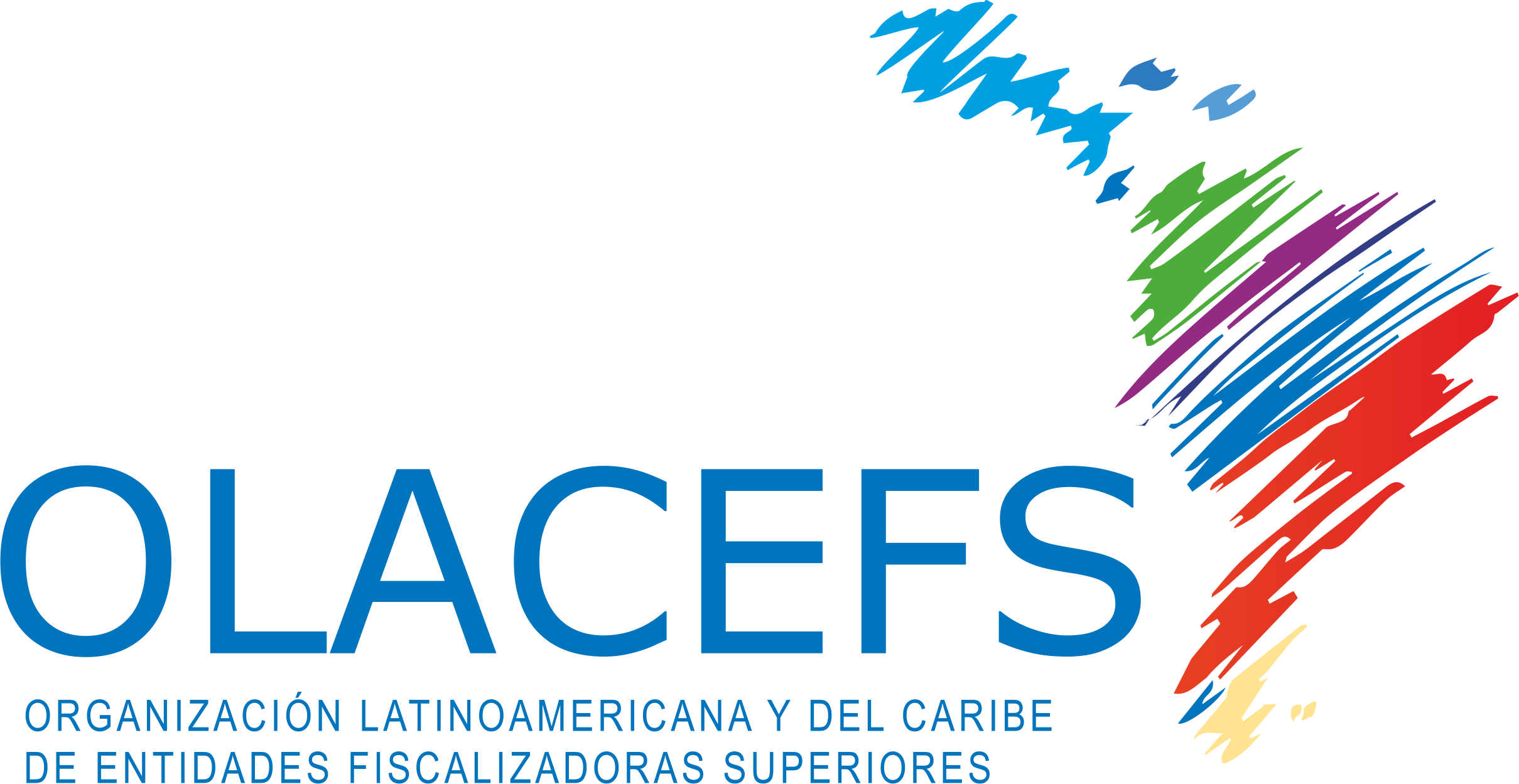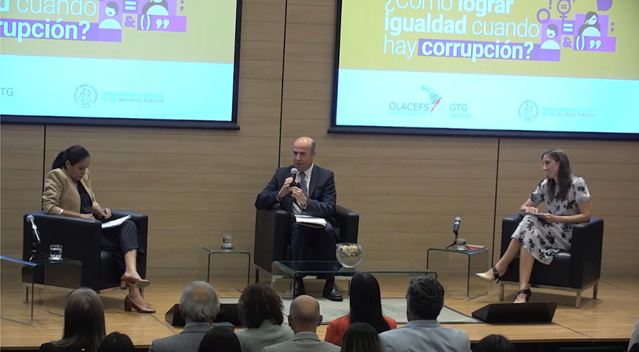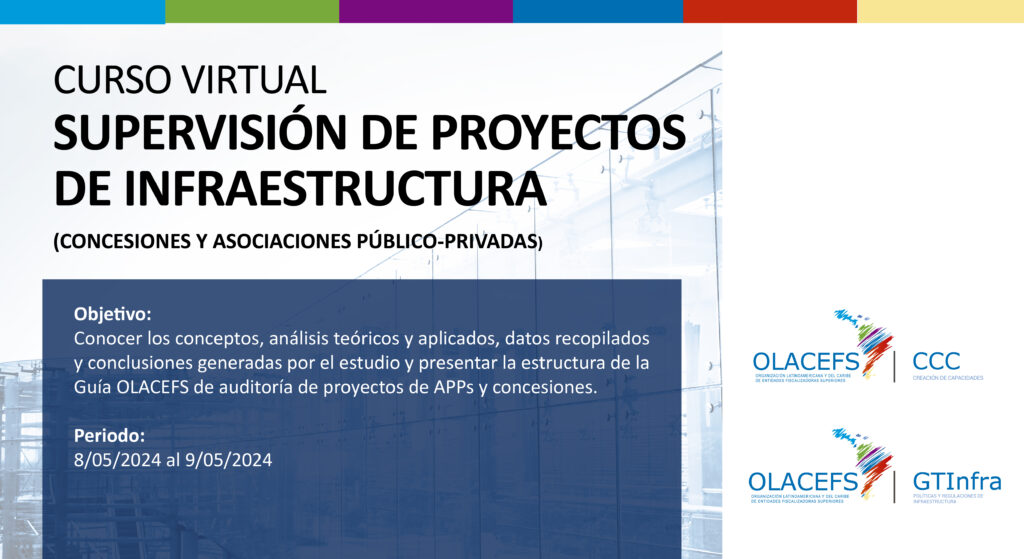Last Wednesday, March 8, International Women’s Day was commemorated. The OLACEFS Working Group on Gender Equality and Non-Discrimination (GTG) organized a discussion entitled “8M: How to achieve equality when there is corruption?”, where the relationship between gender and corruption was discussed, delving into the differentiated impact on women and other vulnerable groups.
The meeting was moderated by the Comptroller General of the Republic of Chile and Chairman of the GTG, Mr. Jorge Bermúdez Soto, accompanied by two great panelists, Ms. Gabriela Rosero Moncayo, Head of the UN Women office in Chile and Ms. Ximena Mariscal, representative lawyer of the Embassy of Mexico in Chile.
In addition, Ms. Jennifer Sarvary-Bradford, one of the persons behind the United Nations Office on Drugs and Crime (UNODC) publication “Es la Hora: Responder a las dimensiones de género de la corrupción”, participated in the conversation through two videos where she exposed that the gender dimensions of corruption are multidimensional and complex, where corruption often undermines access to public services, on which women depend to a greater extent due, for example, to their reproductive health needs.
Thus, the discussion, which brought together more than 480 people, from different Latin American and Caribbean countries, through the teams live events platform and 130 in person, highlighted the commitment of the SAIs that conform OLACEFS in the fight against corruption and the relevance of incorporating the gender perspective.
During the event, there was also the opportunity to interact with the public through the www.menti.com platform, where the participants answered the questions: Is the link between corruption and gender evident?; Do you think that sexual extortion is a recurring practice in public service?
Lastly, to close the discussion, the panel reflected on the urgency of relieving this conversation and opening spaces to begin to give answers to the impact that corruption has on vulnerable groups such as women.
If you missed the event, relive it here





